Join the author, Néstor T. Carbonell, as he shares a critical analysis of the Castro-Communist regime and explores the challenges and opportunities that will likely arise when freedom finally dawns in Cuba.
CHAPTER 11: Castro’s Detente Game: From Johnson to George H. W. Bush
Meanwhile in Havana, when it became obvious that the United States was preparing to invade Grenada, Castro summoned Colonel Pedro Tortolo, a hefty black Cuban officer who had led the Cuban military mission in Grenada from 1981 until mid-1983, and sent him back to the island to command the Cuban troops there.
Tortoló arrived less than twenty-four hours before the landing of the US-Caribbean security forces, along with one hundred fifty to two hundred additional Cuban soldiers. Although the colonel lacked combat experience, Castro relied on his unquestioned fealty and courage to fight to the death in what was to be the first (and only) really head-on confrontation with the «Americanos» in the Caribbean.
Castro himself trumpeted at a press conference Tortolo’s historic mission and compared him to the great military hero of Cuban independence Antonio Maceo. To Castro’s dismay and embarrassment, Tortolo fell short of the mark, to put it mildly.
As one of the Cuban worker-combatants in Grenada later declared, «I was standing next to Comandante Tortolo. When I looked around, he had run away.» The Cubans, who never lose their pungent sense of humor, promptly spun the joke around Havana that «if you want to get (anywhere) first, you must have Tortolo’s shoes.»
In the end, twenty-four Cubans were killed and fifty-nine wounded during the lightning Operation Urgent Fury. Some six hundred taken prisoners by the US-Caribbean security forces were allowed to return to Havana, where they were greeted by a sullen and uncharacteristically silent Fidel Castro. Although he pretended that everything was all right and dutifully visited the wounded soldiers in the hospitals, his seething anger for the humiliating surrender of his men in Grenada did not subside. He demoted all of them to low-level positions. As for the commander, the ineffable Tortolo, who had become a figure of scorn and ridicule, he was court-martialed, degraded, and banished to Angola.
The United States also sustained some casualties during the victorious invasion: 19 dead and 116 wounded. Although the discovery of thousands of infantry weapons hidden on the island and of several secret military assistance agreements between Grenada, Cuba, and the Soviet bloc seemed to validate Washington’s geopolitical and security concerns, the UN censured the United States for violating international law.
Still, for Reagan, Grenada was an unmitigated success. The invasion thwarted the establishment of another Soviet-Cuban forward military base in the Caribbean, served as a warning to the Sandinistas in Nicaragua, and enjoyed broad popular support in the United States. As for the people of Grenada, grateful for the freedom and stability brought about by the US-led Operation Urgent Fury, they celebrate the date of the invasion as their Thanksgiving Day.
The Iran-Contra Scandal
After Grenada, the president was riding high in the polls, but not in Congress, over the US secret war in Central America. Despite the report of the 1983 National Bipartisan Commission on Central America (Kissinger Commission), which underscored the strategic importance of the Caribbean-Central American Zone, the bipartisanship achieved was short-lived.
Congressional support for the Contra insurgency was progressively restricted. Under the so-called Boland Amendment, the Contras were authorized to interdict arms but not to overthrow the Sandinista government in Nicaragua. Then, in the spring of 1984, after a series of disclosures of CIA covert involvement in the mining of three Nicaraguan harbors, the Senate passed a more drastic Boland Amendment. This one explicitly prohibited military or paramilitary support for the Contras by the CIA, Defense, «or any other agency or entity involved in intel-ligence activities» during the period from October 1984 to December 1985.
While the United States was barred from providing military aid to the Contras, Nicaragua received in 1985 eighteen thousand tons of Soviet arms, including advanced attack helicopters. Along with ship-ments carne military advisers from the Soviet Union and East Germany, who joined some eight hundred from Cuba already in Managua.
In light of the Soviet-Cuban offensive, Reagan was determined to find covert means to keep the Contras together «body and soul.» To circumvent the congressional ban, the responsibility for supporting the Contras passed from the CIA to the National Security Council at the White House, and a convoluted scheme was concocted to obtain external funding.
The scheme merged two secret transactions: the sale via Israel to Irán of US TOW antitank missiles in exchange for the release of several US hostages held by Hezbollah, and the diversión of the profits from the arms sale to Irán to fund the Contras. This scheme led to the Iran-Contra imbroglio that rocked the Reagan administration and the president himself.
A few months before the scandal exploded, Reagan explained why he felt so strongly about continuing to support the Contras. In a speech to the nation on june 24, 1984, he confided that he was ashamed when he read the remarks of a Nicaraguan Contra: «You Americans have the strength, the opportunity, but not the will. We want to struggle, but it is dangerous to have friends like you—to be left stranded on the landing beaches of the Bay of Pigs. Either help us or leave us alone.»
The specter of the Bay of Pigs did haunt the president, but that was no legal justification for the cover-up that was devised to funnel the Irán funds through fourteen corporations and thirteen bank accounts.
On November 25, 1986, just before the details of the Machiavellian story were fully known, Reagan held a press conference. It was probably the most humiliating moment of his presidency. In a brief statement, he disclosed that an inquiry by the attorney general had revealed that on one of the activities undertaken by his National Security Council staff in connection with an Iranian initiative, «serious questions of propriety» had been raised.
Reagan did not provide information of the questionable activity but indicated that the inquiry had concluded that he had not been «fully informed.» He then added: «While I cannot reverse what has happened, I’m initiating steps … to [enjsure that the implementation of all future foreign and national security policy initiatives will proceed only in accordance with my authorization.»
The seriousness of the situation became apparent when the president announced that National Security Adviser John Poindexter had resigned and Colonel Oliver North had been relieved of his duties. Unable to cope with the barrage of questions that followed his cryptic statement, the president handed over the press conference to Attorney General Edwin Méese and departed.
Although Reagan was not impeached, the congressional hearings on the Iran-Contra cover-up and the judicial investigation conducted by Lawrence E. Walsh incriminated him and shed opprobrium on his standing. And yet a string of positive developments in the last three years of his presidency, largely attributed to his stewardship, enabled him to burnish his image and gain recognition as a farsighted and courageous leader of the free world.
Recovery and Vindication
In Nicaragua, the US-backed Contras were unable to overthrow the Marxist regime, but the casualties and high costs of the struggle sustained by Managua, compounded by the downswing of its economy, forced the Sandinista leaders to accept in 1987 the pacification’and democratization plan proposed by the president of Costa Rica of the time, Óscar Arias.
The Arias ten-point plan, backed by the other Central American governments, led to the phaseout of Soviet-Cuban military assistance to insurrectionists in the region and to free elections in Nicaragua. To the dismay of the Sandinistas, the opposition leader, Violeta de Chamorro, won the elections and ushered in a democratic transition. The much-reviled Contra war promoted by Reagan, and the pressure it exerted on the Sandinistas and its allies, had, after all, produced some positive results.
In Afghanistan, Reagan’s crucial decision to supply the mujahideen with handheld Stinger heat-seeking missiles contributed to the withdrawal of Soviet forces from Afghanistan in 1988. But where Reagan’s statesmanship reached its climax was in the broader theater of the Cold War within the Soviet bloc. For it was he who, in conjunction with Pope John Paul II and British prime minister Margaret Thatcher, devised and steadily pursued the comprehensive strategy not just to contain but to roll back and bring down the «Evil Empire.»
With the support of his inner circle, Reagan’s strategy further crippled the sagging Russian economy and undermined the Kremlin’s grip on its satellites. Fired up by Radio Free Europe and not choked off by the Soviet military, the dissident movements in Central and Eastern Europe gained momentum and won over their freedom.
Castro’s Reaction
Castro took note of Reagan’s decisive leadership in the final stages of the Cold War and opted to temper not his anti-Yankee rhetoric but some of his provocative actions. He blasted the president when, at the behest of the young, charismatic Cuban American exile leader Jorge Mas-Canosa, he authorized the funding and launch of Radio Marti to break the Castro regime’s stranglehold on the free flow of information.
He also chastised Reagan for having appointed the heroic Armando Valladares, imprisoned and tortured by Castro for twenty-two years, US ambassador to the United Nations Commission on Human Rights.
Yet the Cuban dictator refrained from broad-scale retaliation, as he had vowed to do, and actually retreated in a number of areas.
Castro ended Cuba’s military intervention in Central America following the signing of the Arias peace plan and reached a settlement with Angola and South Africa, which resulted in the withdrawal of some fifty thousand Cuban troops from that region. Castro also accepted the return to Havana of the twenty-six hundred delinquents, misfits, and spies he had dumped on Florida during the Mariel exodus, and he formalized an immigration agreement with the United States.
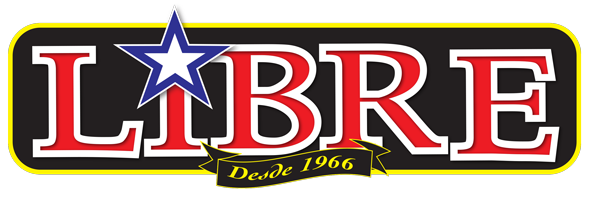
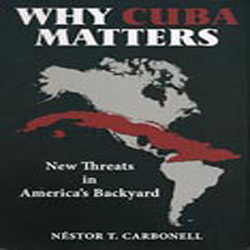

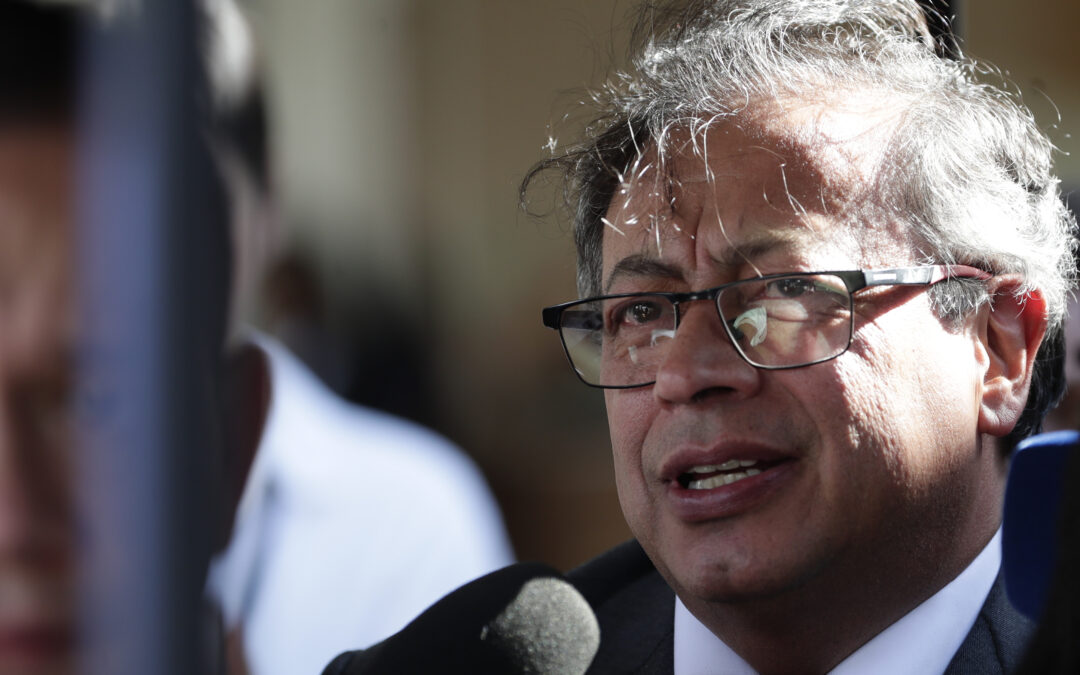
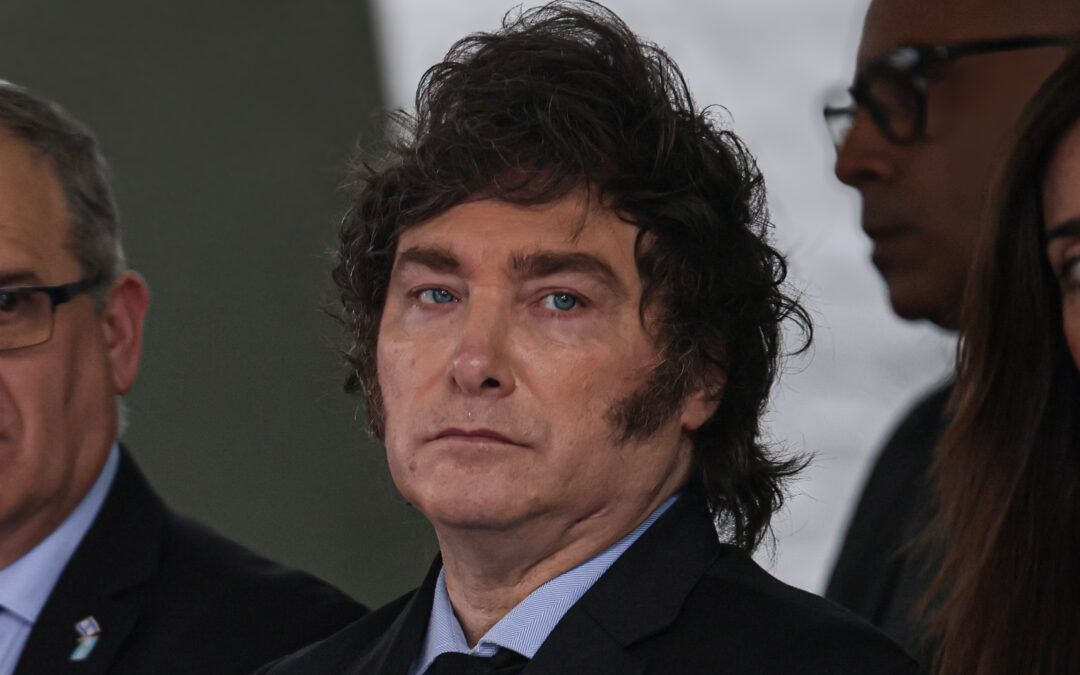
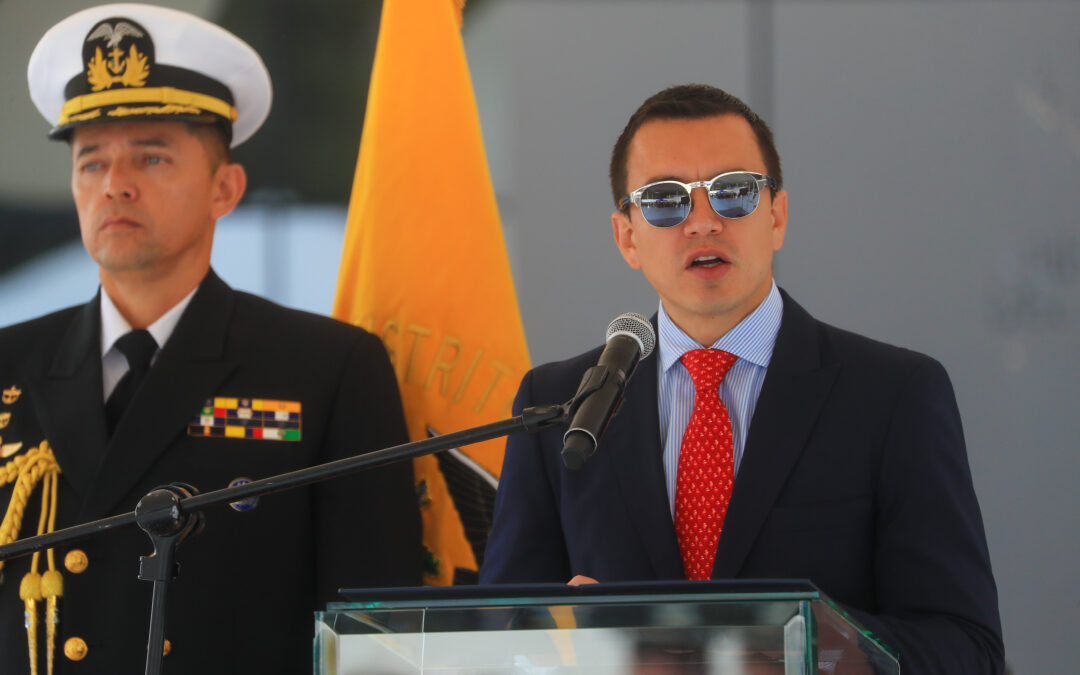
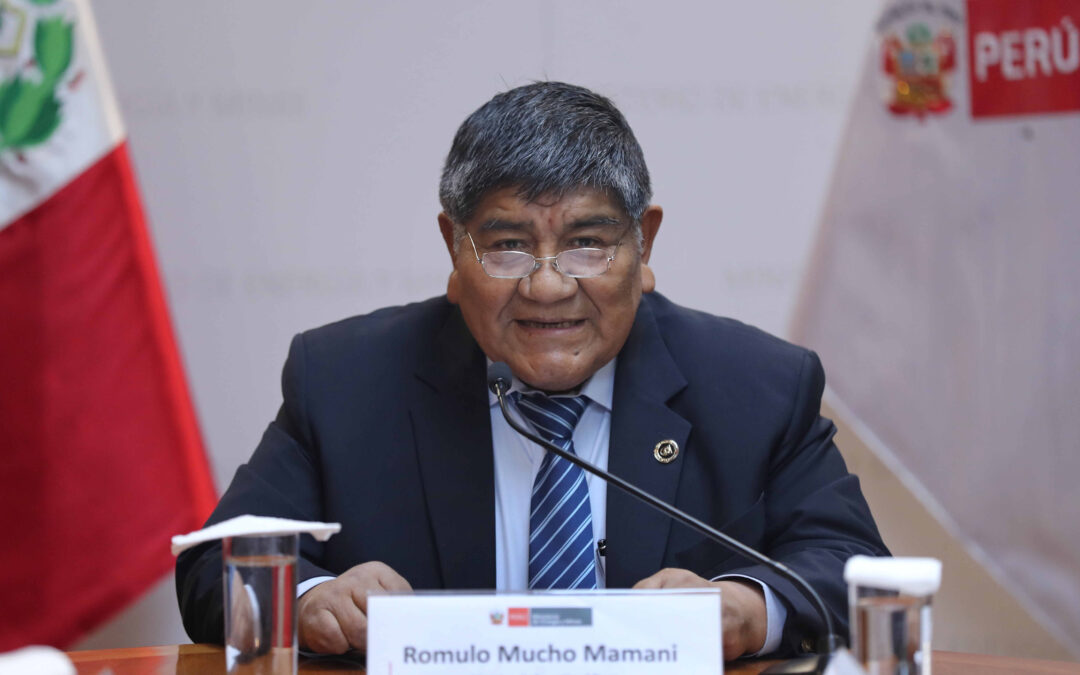
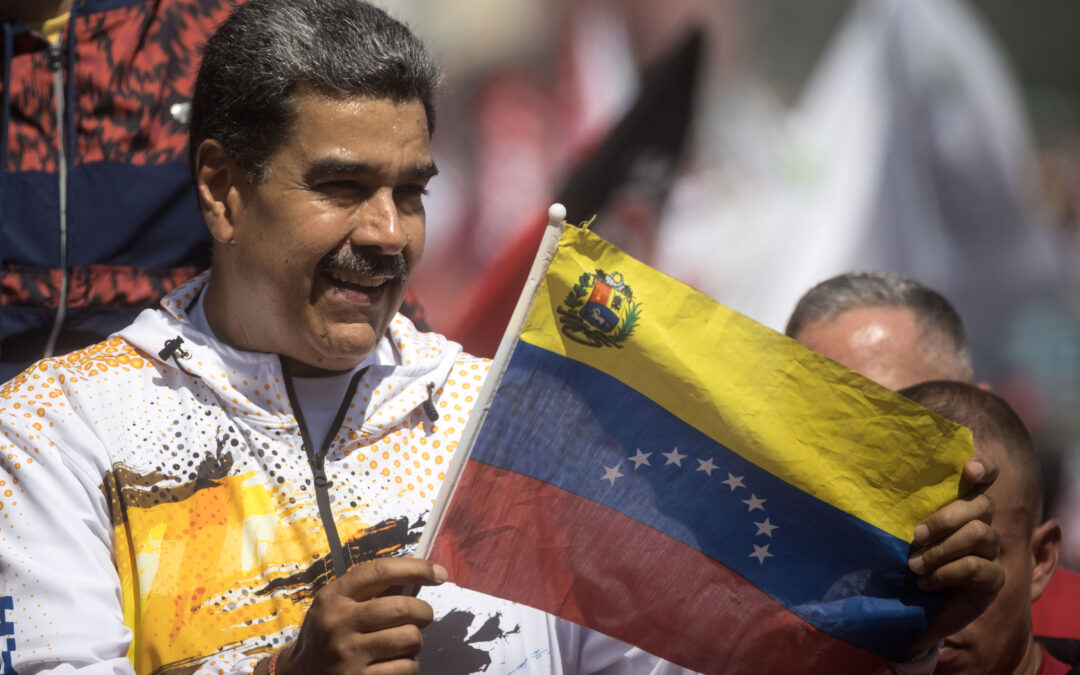






0 comentarios